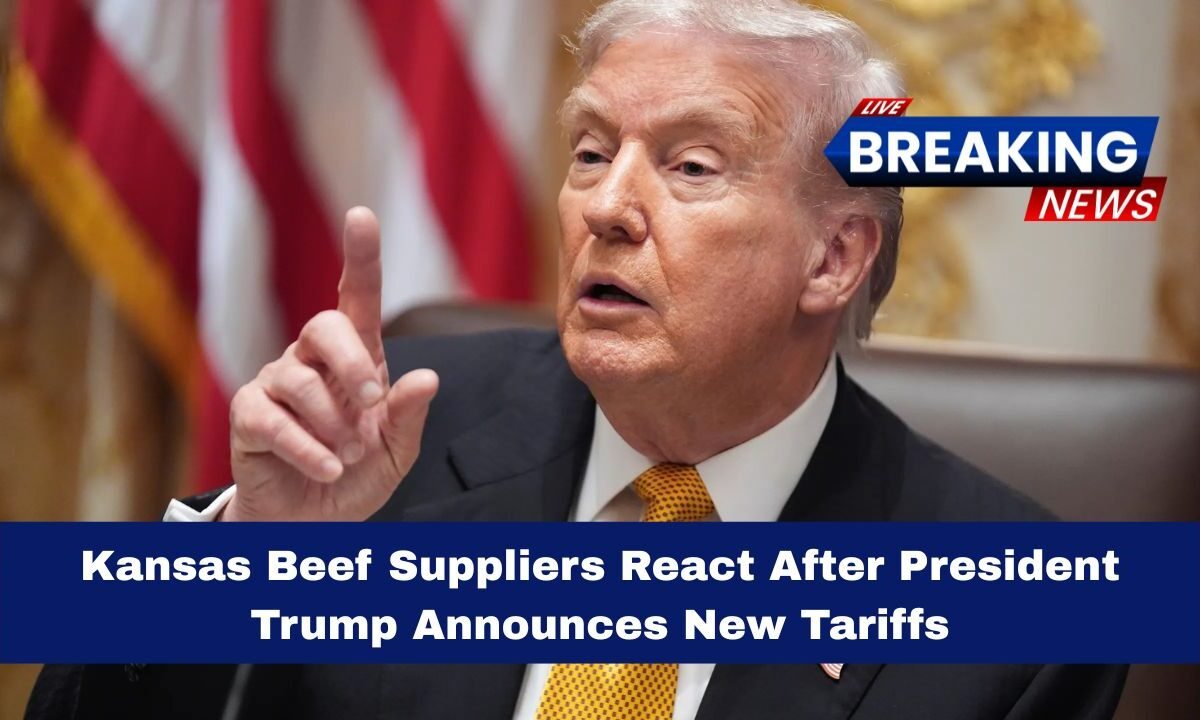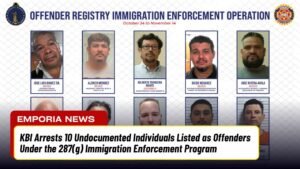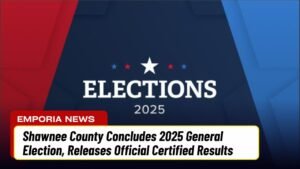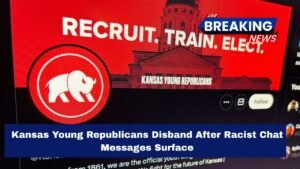When Donald Trump announced sweeping new tariffs affecting beef imports and trade deals, suppliers in Kansas found themselves reacting with urgency and concern.
The beef industry in the heart of the U.S. is closely tied to global trade policy, and the recent developments shook expectations, supply chains and pricing alike.
In Kansas—one of the major beef-producing states—ranchers and suppliers are assessing what the tariffs, and the potential for increased imports, mean for the domestic market, their herd numbers, and future stability.
What the Tariffs Entail and Why They Matter
The recent policy shift includes:
- A 50% tariff on beef imports from countries such as Brazil.
- Negotiations underway with nations like Argentina for beef trade arrangements.
- An aim to reduce dependence on foreign beef and boost U.S.-raised cattle.
- Consumer-price pressures driving the policy: high beef prices at retail are part of the backdrop.
All of these factors have heightened the attention of suppliers in Kansas. While the intent is to protect the domestic beef supply chain, the ripple effects include market uncertainty, export risk and infrastructure challenges.
Kansas Beef Industry Reacts: The Mixed Mood
In Kansas, reactions are mixed—some cautious, some outright critical.
Key points from the ground:
- Suppliers in Kansas note the herd size has been shrinking, thanks to drought and feed-cost increases, making the domestic supply more vulnerable.
- Some ranchers say that importing beef (e.g., from Argentina) will undermine U.S. producers rather than help them.
- Others believe tariffs may provide a short-term advantage by restricting imports, but they fear the long-term market uncertainty this policy ushers in.
- There’s concern that if imports flood the domestic market, prices may drop, hurting local producers who already face high production costs.
Fast Facts: Kansas Beef Sector & Tariff Impact
| Metric / Item | Figure or Note |
|---|---|
| Kansas beef cow ranking | Kansas ranks 7th among U.S. states for number of beef cows |
| U.S. annual beef production | Around 12 million tons per year (rough figure) |
| Imported‐beef share (affected countries) | Brazil supplies about 23% of U.S. beef imports |
| Tariff on Brazilian beef imports | 50% (recently announced) |
| Major concerns cited by suppliers | Supply shortages, price volatility, herd reduction, import competition |
Why Kansas Suppliers Are on Edge
The supply chain dynamics for beef are complex:
- Domestic producers have battled drought, higher feed costs and labor constraints, which have reduced herd sizes.
- Tariffs and import policies suddenly change the competitive landscape, forcing ranchers to adapt rapidly.
- Many Kansas suppliers say the policy signals unpredictable government involvement, making long-term planning difficult.
- With global beef markets shifting, Kansas ranchers fear they may be undercut by foreign producers adhering to different cost structures.
What This Means for Consumers and Market Outlook
For consumers, the hope is that tariffs will lead to increased domestic supply and lower prices. But the industry warns that the opposite could happen if imported beef floods the market or if domestic producers scale back because of instability.
For the Kansas beef supply chain:
- There’s a possible short-term boost if import competition is reduced.
- But long-term risk of shrinking herd numbers or export market loss looms.
- Suppliers are calling for policy clarity, support for infrastructure (processing, feed, logistics) and incentives to rebuild domestic herds.
The announcement of new beef‐related tariffs by President Trump has sparked a strong response from Kansas beef suppliers, who find themselves navigating a shifting trade environment, competitive threats from imports and concerns about long-term viability.
While the policy may aim to strengthen the domestic beef industry and shield it from foreign competition, Kansas ranchers say clarity, support and sustainable supply chains are crucial.
As the beef belt watches closely, one thing is certain: the U.S. beef industry, and especially the heartland in Kansas, is at a critical juncture where trade policy, supply dynamics and market realities must align for success.




